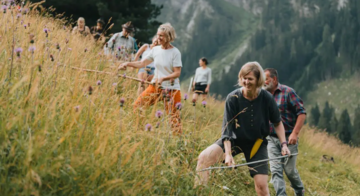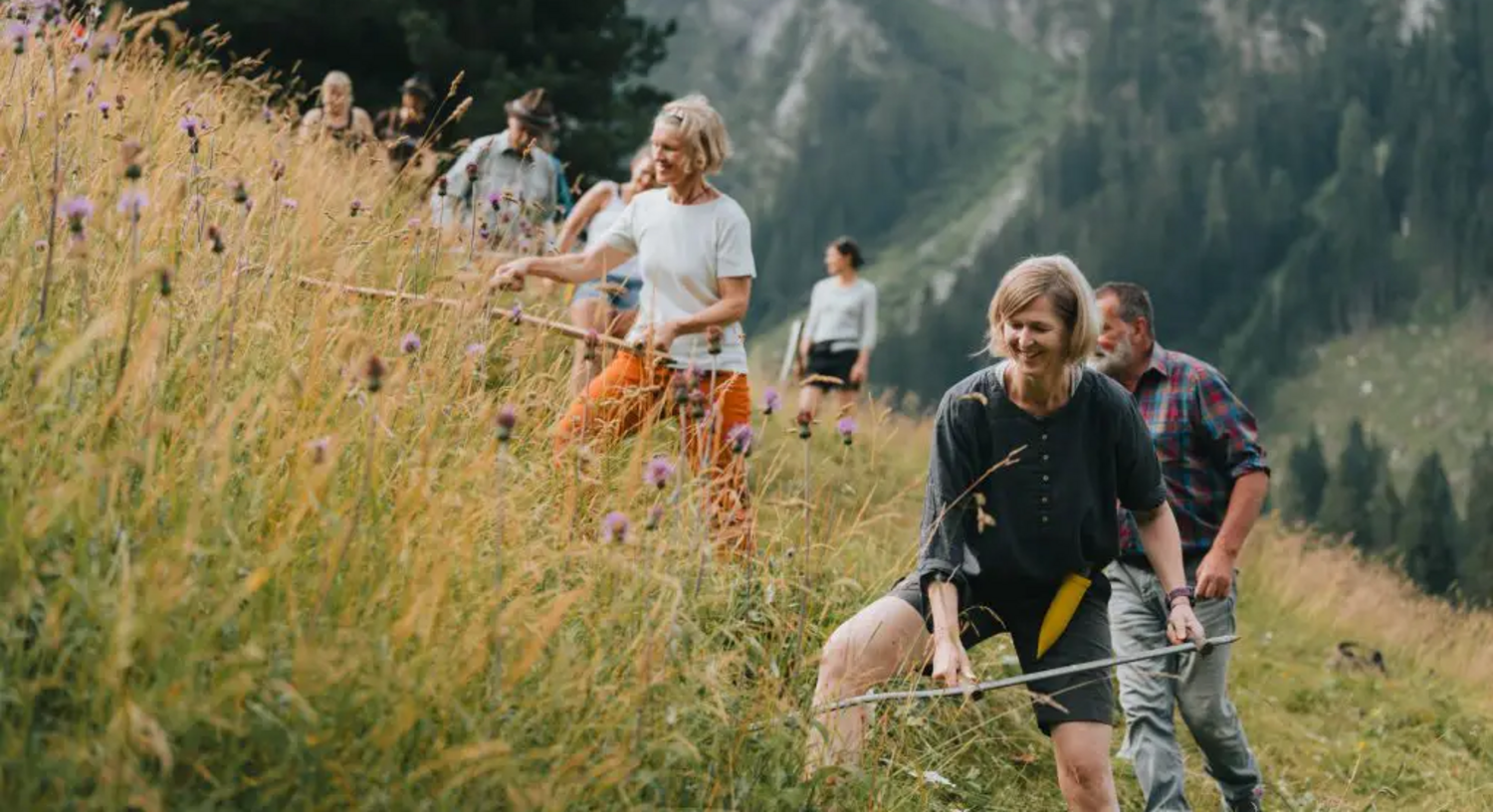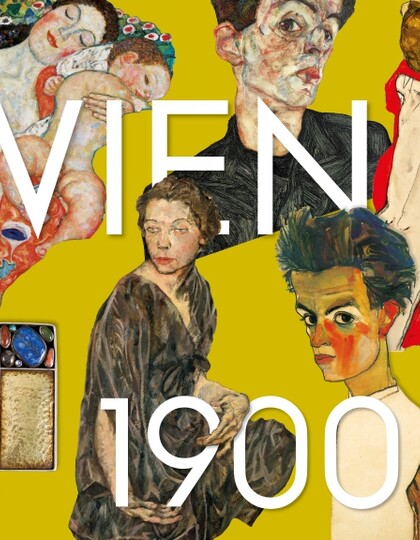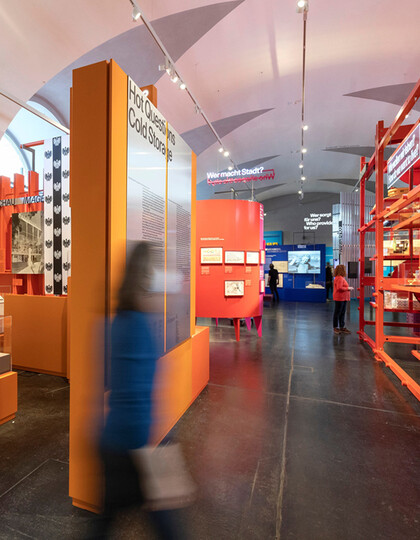23.03.2024 to 09.09.2024 - Architekturzentrum Wien
Exhibition: Toourism
ARCHITEKTUR


23.03. bis 09.09., 10-19h
Opening: Wed 20.03., 19-22h
Ever more people are travelling more frequently, further and for shorter. What is the impact of our holiday dreams on the built environment, the social fabric and climate change? And how can we envisage a kind of tourism that does not destroy what it lives from?
Tourism has been growing in intensity for decades, and become an integral part of our Western lifestyle. It has brought an increase in value, prosperity and cosmopolitanism to even the most remote regions, thus preventing emigration. That is the sunny side of tourism. On the downside, there are negative effects, such as crowds of people, the impact on the environment, and rising land prices.
Tourist hotspots suffer from the onslaught of visitors while other places are left behind. Communities are ambivalent: On the one hand they benefit from tourism, while on the other they are increasingly observing undesirable side effects. And considering that tourism is more dependent on the climate than other sectors of the economy, it is astonishing that climate change is often still a marginal issue here, of all places. Using vivid illustrations, examples and data, the exhibition shows, among other things, the interplay between tourism and economic growth, rising CO2 emissions and the displacement of local populations by pushing up living costs and the price of housing — now that tourist accommodation is increasingly becoming investment properties.
How can we rethink tourism in an era of climate crisis, wars, the threat of further pandemics, a shortage of skilled labour and an ongoing energy crisis, and steer it in a more sustainable direction? What is the role that spatial planning and architecture are playing in this? The exhibition sheds light on key aspects of tourism, such as mobility, city tourism, interdependencies with agriculture, climate change, the privatisation of natural beauty and the change in accomodation typologies, and explores the question of whether and how tourism development is planned. Above all, however, the exhibition looks at the potential for transformation. Many travellers are reluctant to see themselves as part of the phenomenon of mass tourism, and doubts about the climate compatibility of our travel patterns are being raised increasingly.
A large number of initiatives have recently emerged that take a different approach to nature, the local population, the climate, cities and villages, or on mobility. Local and international examples present pioneering solutions. Numerous successesful examples stimulate the appetite for a type of holiday that is no longer exclusively based on consumption and the growth paradigm. The key question remains: How can we envisage tourism that no longer destroys what it lives from?
Curators: Karoline Mayer and Katharina Ritter, Az W
Assistance: Dina Unterfrauner
Exhibition architecture: ASAP, Ulrike Pitro & Florian Sammer
Exhibition graphics: LWZ & Manuel Radde
Exhibition book
The exhibition is accompanied by a comprehensive and richly illustrated book, "Über Tourismus", with essays (in German) by: Karla A. Boluk et al., Linda Boukhris, Ana Gago, Maria Kapeller, Helga Kromp-Kolb, Kurt Luger, Arno Ritter, Arthur Schindelegger.
Edited by: Karoline Mayer, Katharina Ritter, Angelika Fitz and Architekturzentrum Wien
Published by: Park Books
Book design: Manuel Radde & LWZ; illustrations: LWZ
An exhibition by the Architekturzentrum Wien, from Autumn 2024 in the Salzkammergut European Capital of Culture.






